welcome to Zendaosanctum | Free shipping on orders over $69.99 | 30-day money-back guarantee
Unveiling the Ancient Wisdom of Fen Shui Water: Nourish Life, Luck, and Legacy
“The ancient practice of Fen Shui water (分水) management is a cornerstone of Chinese philosophy, viewing water as the lifeblood of the earth that governs fortune and harmony. This guide delves into how directing water flow, according to these principles, can nourish life, attract luck, and build a lasting legacy.”
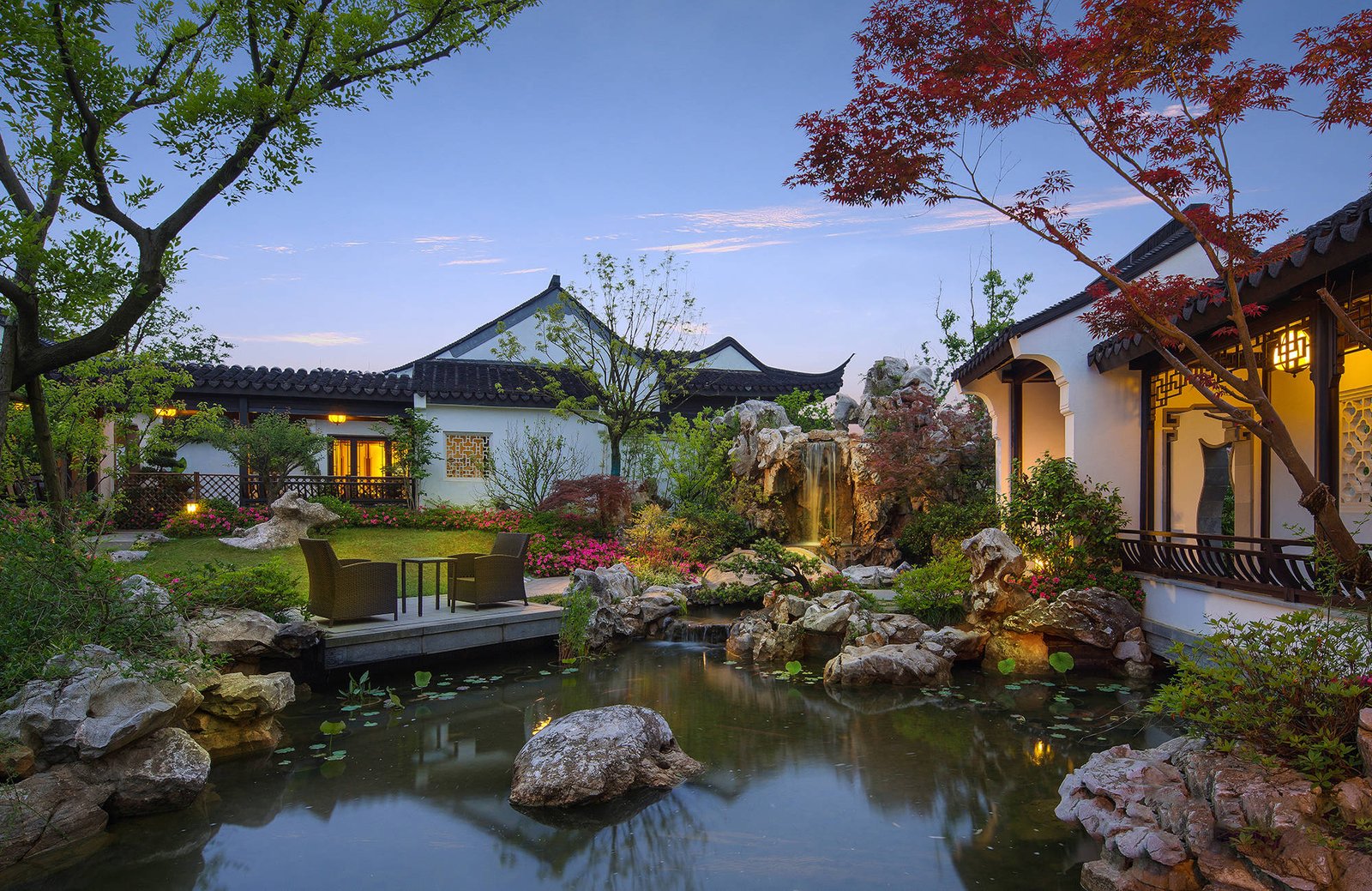
A classic Chinese courtyard with a curved water channel—designed to “gather qi” and symbolize endless prosperity, per Fen Shui principles.
What Is “Fen Shui” (分水) in Chinese Cultural Context?
In modern discussions, “Fen Shui” (分水) is often simplified to “water diversion” for practical use (e.g., irrigation or flood control). But in traditional Chinese culture, it’s far more than a technical practice—it’s a philosophical system that views water as a living, spiritual force tied to qi (vital energy), fortune, and harmony between humans and nature. This makes understanding traditional Fen Shui water practices key to appreciating Chinese culture.
Rooted in over 3,000 years of history (dating to the Xia Dynasty’s flood control projects), traditional Fen Shui teaches that water is the “blood of the earth.” Its flow, direction, and placement directly influence:
- Prosperity: Water = wealth in Chinese symbolism—slow, curved flows “collect” fortune, while chaotic, fast runoff “washes it away”
- Protection: Properly diverted water shields homes from natural disasters (floods, erosion) and negative energy (sha qi)
- Balance: It harmonizes the “Five Elements” (Wu Xing)—water complements wood (nourishes plants), controls fire (calms energy), and is nourished by metal (channels flow)
The Cultural Roots of Fen Shui Water
1. Dynastic Origins: Flood Control as a Sacred Duty
Ancient Chinese rulers (like Yu the Great, 大禹) were revered for mastering Fen Shui to control floods. Yu’s “dredge, not block” philosophy (疏而不堵) became the core of traditional water management: instead of fighting water, guide it.
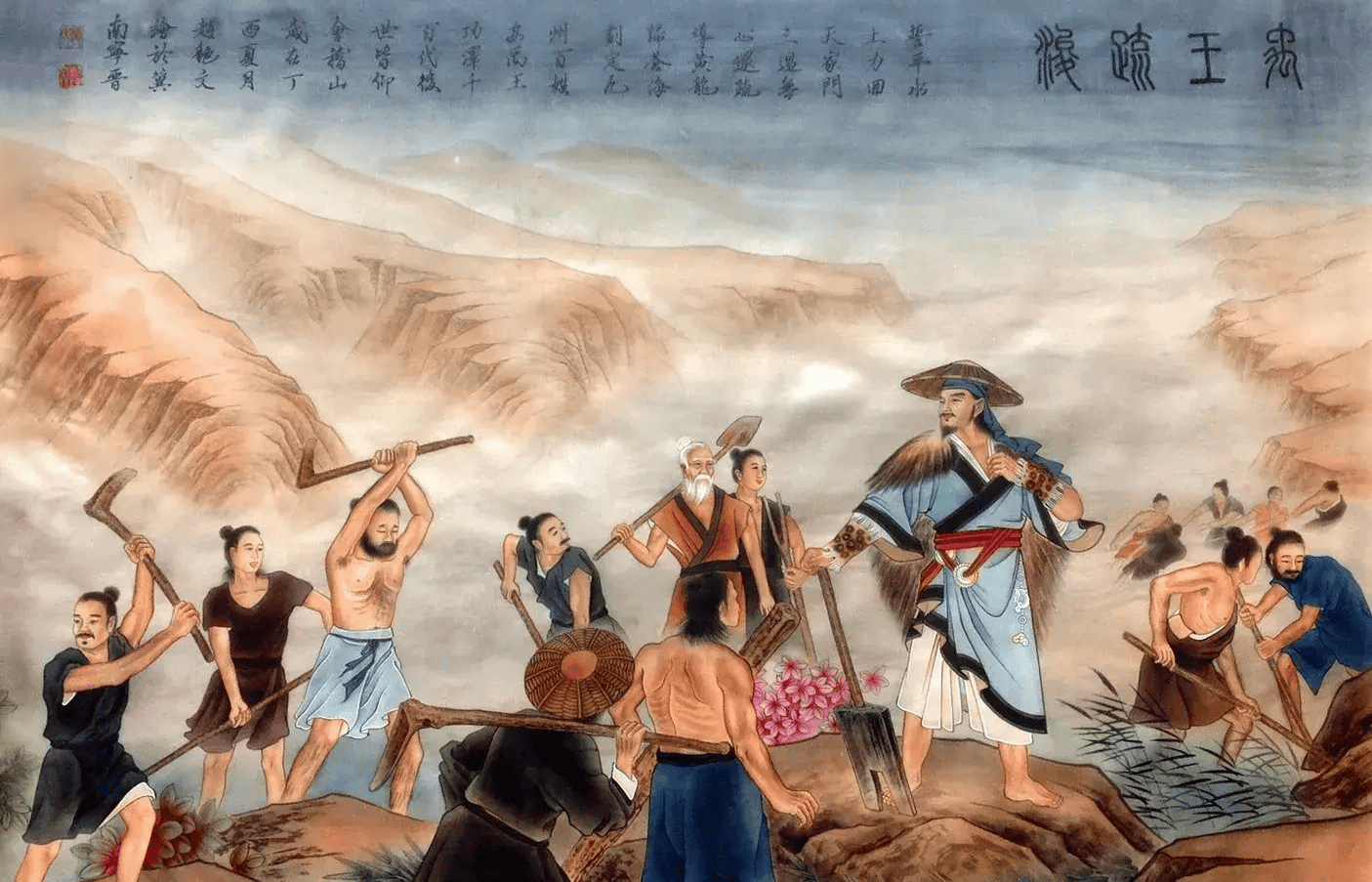
A mural from the Han Dynasty showing Yu the Great using Fen Shui principles to divert floods—his legacy turned water management into a cultural virtue.
2. Confucian & Taoist Influences: Water as a Moral Symbol
Confucius viewed water as a metaphor for virtue: “The wise delight in water” (知者乐水). Taoists took this further, teaching that water’s ability to “yield yet overcome” (以柔克刚) reflects the Tao(the way of nature).
3. Folk Beliefs: Water as a Bridge Between Worlds
In rural China, Fen Shui practices were tied to ancestor worship. Villages often built moon-shaped ponds and dragon-shaped ditches to carry protective energy.
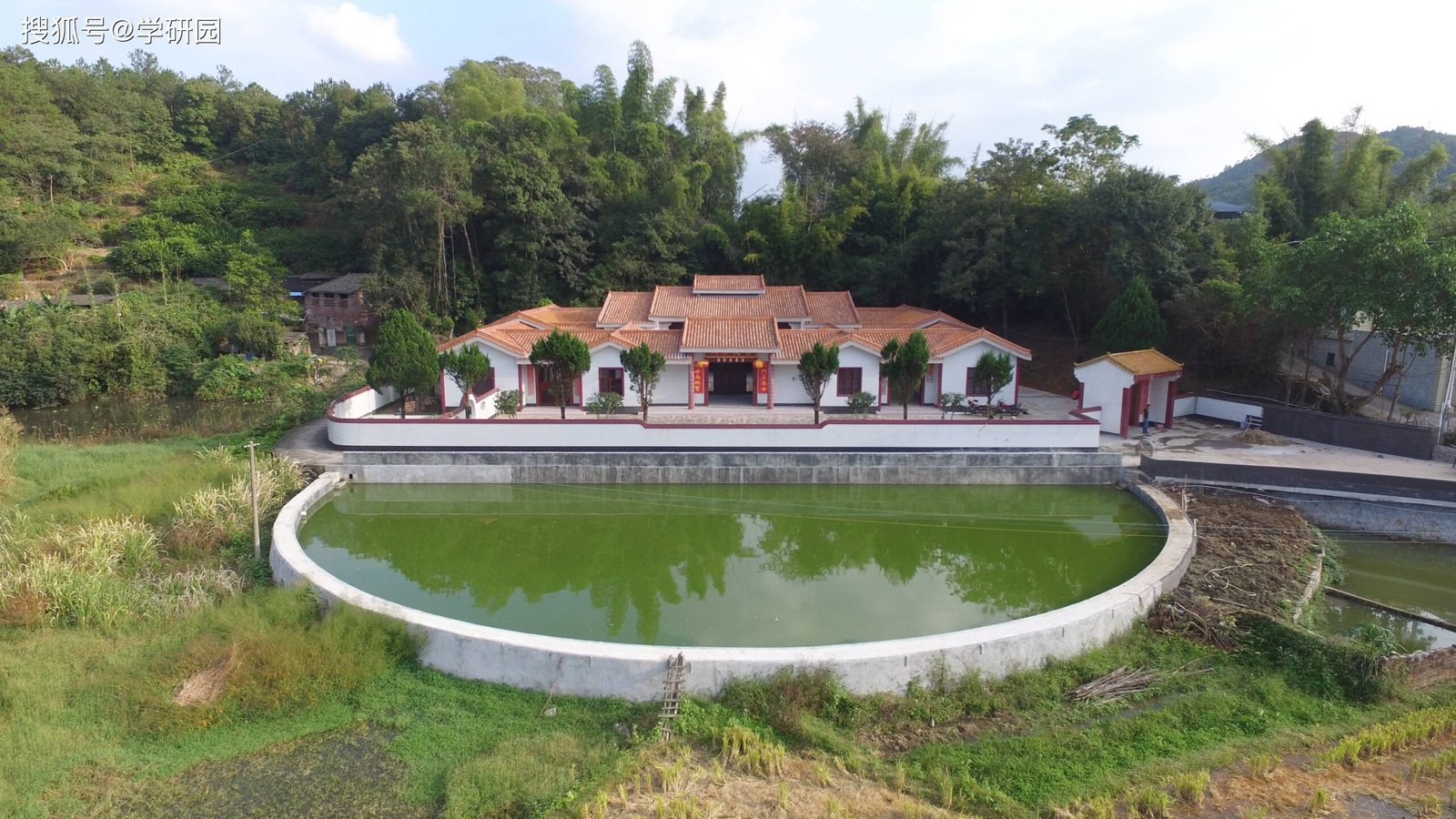
A moon-shaped pond in a Fujian village—its curve is believed to trap good fortune and honor ancestors.
Traditional Fen Shui Water Rules: Timeless Wisdom for Homes & Spaces
### 1. “Gather, Don’t Scatter”: Slow Water = Gathered Fortune
The biggest taboo in cultural Fen Shui is fast, straight water runoff. Solutions include adding small ponds or using decorative stones to create meandering paths.
### 2. “Face the Water, Back the Mountain”: The Ideal Home Placement
The perfect home sits with water in front (brings “fresh qi”) and mountains/elevations behind (block cold winds).

A home in Anhui province following the “water front, mountain back” rule—still a desirable layout in rural China.
### 3. “No Water at the Feet”: Avoid Water Near Bedroom Doors
Water near bedroom doors is believed to disrupt sleep and drain energy. Keep bathroom doors closed and add rugs to “block” water energy.
### 4. “Round Water for Unity”: Circular Features for Families
Round or curved water features symbolize family unity and endless luck, hence circular fish ponds in temples and family compounds.
Modern Adaptations: Cultural Fen Shui Water in Urban Life
en Shui water principles have evolved for urban life. Apartments use small tabletop fountains or fish tanks with curved edges placed in the “wealth corner.”
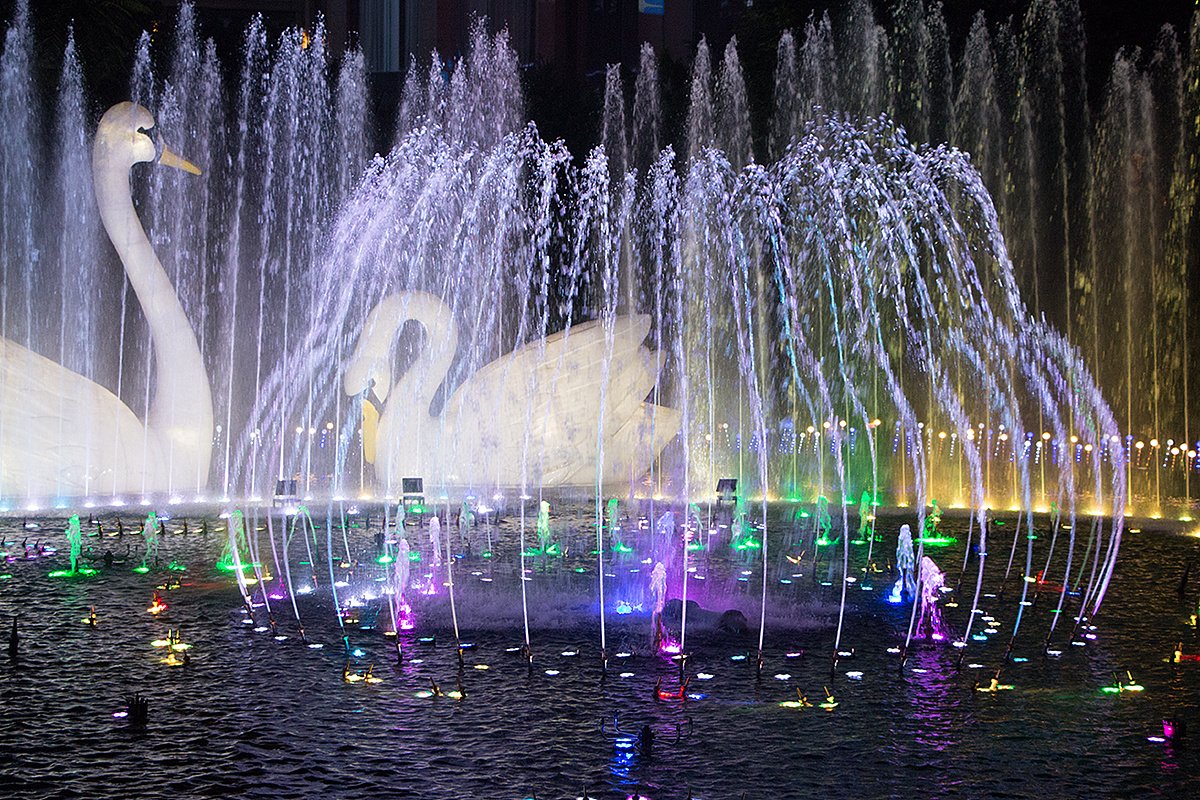
A modern apartment in Shanghai using a small curved fountain to honor Fen Shui traditions.
Chinese cities design parks with meandering lakes and curved bridges, echoing traditional Fen Shui water principles. Festivals like Dragon Boat Festival and Tomb-Sweeping Day continue to honor water traditions.
Why Cultural Fen Shui Water Matters Today
Traditional Fen Shui reminds us to respect water in Fen Shui—not just as a resource, but as part of our cultural identity. It teaches harmony over control, symbolism as connection, and prosperity as balance.
Do you have a Fen Shui tradition in your family? Share your story in the comments!
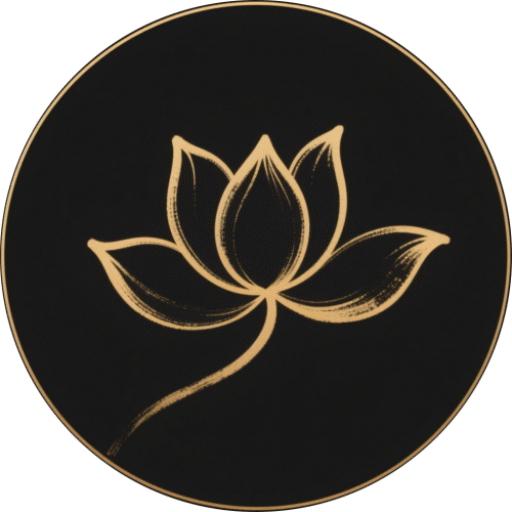
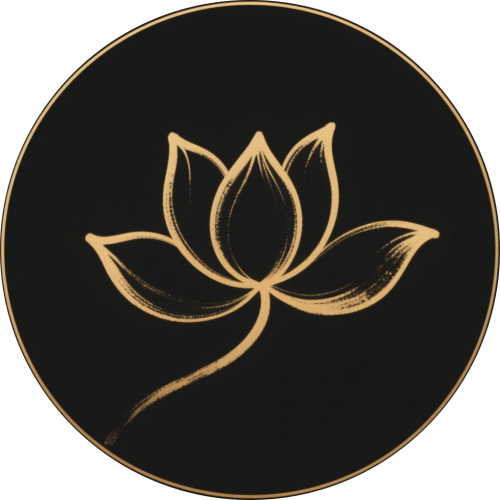
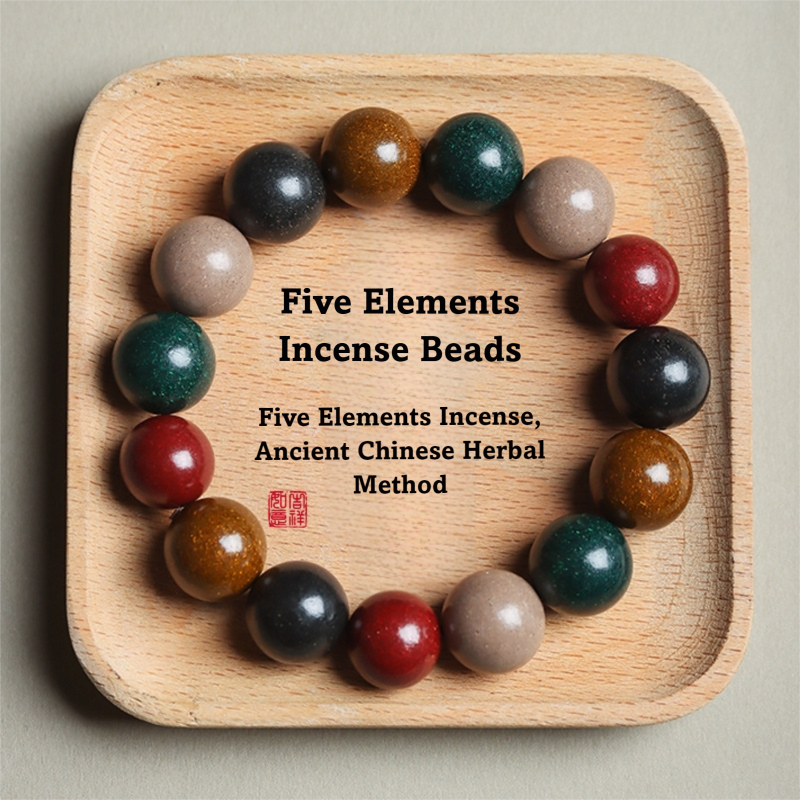
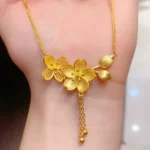

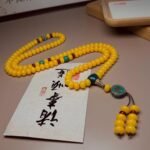
![主图4 [Small waist] Xiji pill incense ancient method combined incense beads 0.8 bracelet single circle double circle bracelet hand-woven intangible cultural heritage Chinese medicine](https://zendaosanctum.com/wp-content/uploads/2025/08/主图4-1-150x150.jpeg)